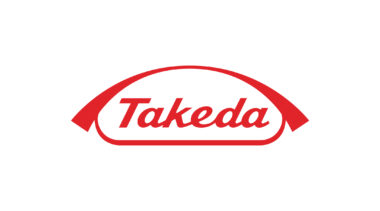The New South Wales Government’s move to expand the scope of pharmacists to treat a range of conditions is politically driven and risks the health of people across the state, says the Royal Australian College of GPs.
Health Minister Ryan Park made the announcement at a Pharmacy Guild conference last night that work was underway to expand pharmacists' scope to treat ear infections, wound management, nausea, gastro-oesophageal reflux disease, acne, and muscle and joint pain.
RACGP NSW Chair Dr Rebekah Hoffman slammed the move as reckless and putting politics before patient safety.
“This is politically driven policy, and it has potentially devastating consequences for people across New South Wales due to the risks of incorrect treatment and serious illnesses being missed,” she said.
“What Health Minister Ryan Park clearly doesn’t understand is patients come in with symptoms, not a diagnosis. Diagnosis is complex and requires years of training – GPs train for over 10 years. You can’t squeeze this training into a short course for pharmacists and expect good health outcomes.
“If you get a diagnosis wrong, the consequences can be devastating. There are significant risks of serious and even life-threatening illnesses being missed with the conditions the NSW Government wants to allow pharmacists to treat.
“For example, nausea can be a symptom of stroke or neurological disorder. Ear infections are also hard to diagnose and the consequences of misdiagnosis in children can be very severe, it can result in abscess or a ruptured eardrum. And someone presenting with reflux and chest pain might not just have reflux, it can mean cardiac problems or heart attack.
"The NSW Government is kidding itself if it thinks this move will do anything to reduce pressure on the state’s overflowing hospitals. If anything, it will have the opposite effect.
“We know from the UK that letting non-medically trained health professionals do the work of GPs results in much higher rates of incorrect treatment, delayed diagnosis and serious illnesses being missed. And it costs governments and patients much more because people often need to go back to the doctor and can end up in hospital when they don’t get the right treatment.
“I’m also very concerned about inappropriate prescribing of antibiotics which increases the risk of antibiotic resistance in our community. When this happens, simple infections can become life threatening.
“There is a reason the Therapeutic Goods Administration determines certain medicines require prescriptions – it’s to protect the health of Australians. State governments like NSW are incredibly reckless in bypassing our national regulations for the safe use of medicines, without even piloting it to see the impact on patients’ health outcomes.
“NSW is on a trajectory towards a two-tier healthcare system in which those who can afford GP care can see it, while everyone else will have to settle for ‘cheaper’ services at a retail pharmacy.
“There is no substitute for the quality care you get from a GP who knows you and your history. I invite the NSW Premier and Health Minister Park to meet with GPs and learn about what we do for our patients across the state every day, and what high-quality primary care actually involves.”
~ENDS
About us:
The Royal Australian College of General Practitioners (RACGP) is the peak representative organisation for general practice, the backbone of Australia’s health system. We set the standards for general practice, facilitate lifelong learning for GPs, connect the general practice community, and advocate for better health and wellbeing for all Australians.
Visit www.racgp.org.au. To unsubscribe from RACGP media releases, click here.
Contact details:
Ally Francis
Media Adviser
Contact: 03 8699 0992 / [email protected]


